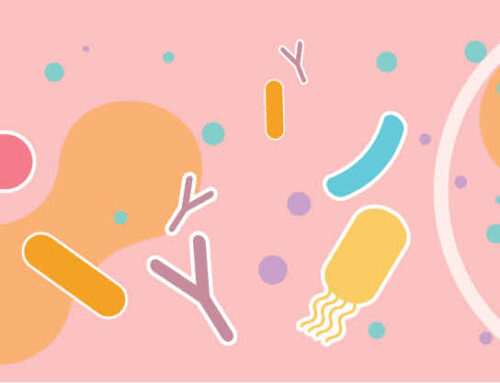Since the rise in popularity of 23andMe, AncestryDNA and other direct-to-consumer DNA testing services, my patients are increasingly asking me about (or bringing me their results from) online genetic tests. One test indicated a patient had an increased for risk for Alzheimer disease, and she asked about whether to change her retirement plans. Another’s results suggested risk for developing age-related macular degeneration and she asked about supplements for prevention.
They both wondered whether they should be concerned. My response was — and usually is — “Maybe.”
Broad-spectrum genetic testing is in its infancy. Tests are far from perfect and can deliver false results — negative and positive. And even if results are accurate, they don’t guarantee the associated genetic conditions will develop. The only thing they do suggest is a tendency, and based on your family medical history, you may already know that tendency exists.
If you have done a test and are concerned about your results know that—
- The results may not be accurate. A recent study showed that 40% of genetic variants identified in DTC (direct-to-consumer) laboratories (using various genotyping technologies) were not confirmed when Sanger sequencing (a rigorous testing method) was employed for confirmation. Be sure to use laboratories that adhere to strict testing requirements.
- The results are not in context. Another major downfall of DTC genetic tests can be the interpretation of the results. Genetic testing companies offer little access to genetic counselors by phone, and their conversations are inherently limited without an exam and access to your full medical and family history. Indications of genetic variants cannot alone lead to a diagnosis.
- The information may not be helpful. No test is completely risk free. Healthcare providers never order a test unless there is a foreseeable benefit from ordering that test and even noninvasive tests like cheek swabs have risks of a false positive result that could lead to something more invasive or a false negative result that could provide false reassurance or forestall future testing.
- Having the genetics isn’t the same thing as having the condition. The medical profession is learning more and more about how physical and environmental triggers can turn genes on and off. Variants can lay dormant and may never be fully expressed. Knowing you have a “tendency” may give you some foreknowledge, but without further testing and examination, it shouldn’t be the basis for major decisions. Though sometimes it can motivate us to improve some lifestyle patterns if we know there is a higher chance of a disease or condition.
In other words, broad DTC genetic testing may be interesting, but not terribly informative. Genetic testing for specific conditions that are indicated through a medical exam (such as the one I use for genetic HDL) are more reliable and run less risk of raising undo concern.
However, if your genetic results are giving you concern, discuss it with your healthcare provider. They can suggest additional testing and examinations to confirm or deny results when necessary. But don’t be surprised if they shrug it off by saying, “Try not to worry. We’re not sure what those tests really mean, yet.”





